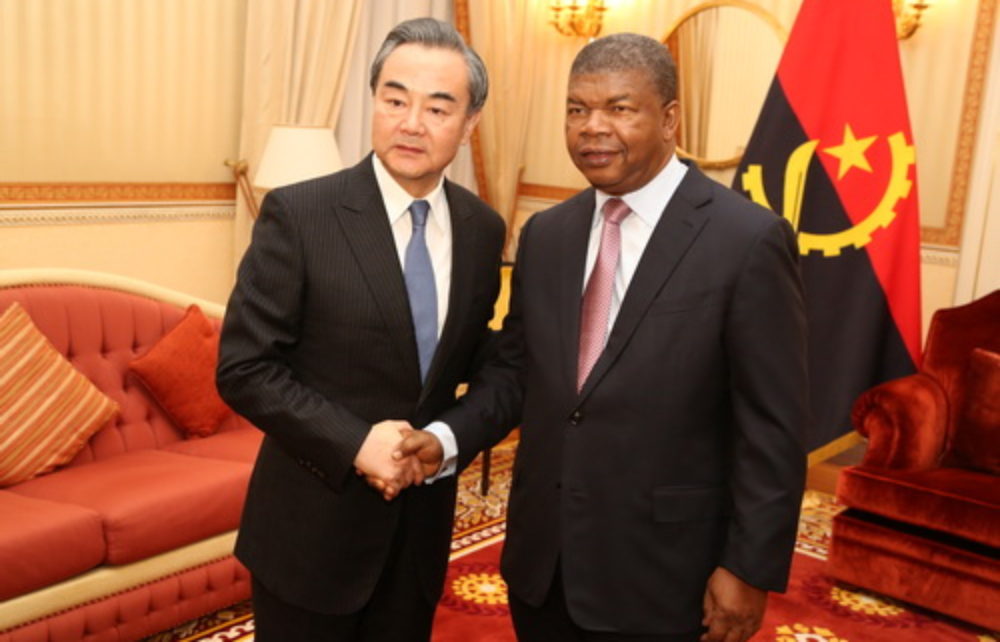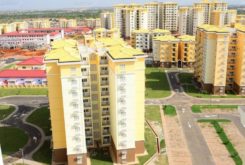China’s debt relief efforts have the potential to add support to a number of emerging markets (EMs) under pressure from the coronavirus pandemic-related shock, says Fitch Ratings. Angola and Mozambique are among countries to benefit.
“Such debt relief could ease near-term liquidity pressures, particularly for sovereigns that have substantial amounts of debt owed to state-linked Chinese entities falling due in 2020. However, the terms and impact of Chinese debt relief are likely to vary on a case-by-case basis”, Fitch Ratings says in a 24 June note.
The Chinese government has committed to participate in the G20’s debt service suspension initiative (DSSI), which provides for temporary suspension of debt repayments for 77 developing nations falling due between May-December 2020. In line with this, China’s president, Xi Jinping, in a speech to the Forum on China-Africa Cooperation (FOCAC) on 17 June indicated that Chinese financial institutions should consult with African countries to work out arrangements for loans with sovereign guarantees, which Fitch views as official bilateral debt.
“China’s involvement in the G20 initiative marks the first time it is participating in coordinated, multilateral global debt relief efforts. Relief from debt service obligations owed to China could play a role in easing liquidity strains faced by a small subset of the countries eligible for the DSSI”, Fitch adds.
The International Institute of Finance (IIF) estimated in May that China accounted for over 25% of the total external debt of DSSI-eligible countries, making it their single largest bilateral creditor.
Fitch-rated sovereigns that have a significant share of their external debt owed to China and are eligible for DSSI include Kenya (B+/Negative), the Maldives (B/Negative), Ethiopia (B/Negative), Cameroon (B/Negative), Pakistan (B-/Stable), Angola (B-/Stable), Laos (B-/Negative), Mozambique (CCC), Republic of Congo (CCC) and Zambia (CC).
“China may offer some debtors more extensive relief than is envisaged under the DSSI. Angola, for example, has confirmed that it is renegotiating its financing facilities with China”, Fitch adds.
President Xi has also said that his government will cancel interest-free government loans due to mature by end-2020 for relevant African countries under the scope of FOCAC. Fitch believes that interest-free loans form only a small part of total bilateral debt owed to China for most countries. The China Africa Research Initiative at the Johns Hopkins University School of Advanced International Studies estimates that similar pledges to African countries resulted in an average cancellation of around USD96 million per year in 2016-2019.
China has extended more substantial debt relief in the form of maturity extensions, lower interest rates and debt-service payment re-profiling to several countries in recent years, including the Republic of Congo (2018-2019), Cameroon (2019), Ethiopia (2018) and Mozambique (2017). In some of these cases, notably Republic of Congo and Ethiopia, Chinese debt relief has facilitated the release of IMF funding.
“Bilateral debt service suspensions can reduce strains on credit profiles by easing pressures on external liquidity. However, the challenges facing many stressed EMs relate not only to liquidity but also to debt sustainability”, the note states.
Fitch’s sovereign ratings apply to borrowing from the private sector, so official bilateral debt relief would not constitute a default for sovereigns that take advantage of it. Should private-sector creditors follow the appeal by the G20 and offer debt service relief, this could qualify as a default, but currently Fitch does not view this as sufficiently likely to affect sovereign ratings.
China will waive some African nations’ debt and is willing to provide further support including loan-maturity extensions. According to Chinese President Xi Jinping, these measures will free up funds needed to deal with the coronavirus pandemic.




